Strikingly poignant, ‘Plan 75' is the kind of short which lingers in one's memory far after its initial viewing. Centred around the sensitive topic of euthanasia alongside the reality of Japan's ageing population, director Chie Hayakawa pulls no punches in delivering a politically astute piece of cinema which delves into just how much (or little) human lives are truly measured.
Plan 75 is screening at Japan Society
The movie opens with a deceptively colourful advertisement for a new social welfare programme, named ‘PLAN 75'. Fundamentally, it is a scheme designed to give the low-income, disabled elders a chance to voluntarily end their life in exchange for a monetary package, helping in turn to ease economic cost to keep all of Japan's ageing population alive. At the heart of this new drive is Itami (Satoru Kawaguchi), who finds himself selling the idea to short-stay care homes in Japan with the hope of increasing uptake.
However, when his wife suggests that his ailing Grandmother be considered for voluntary euthanasia, things start to change. Now debating the meaning of life and the intrinsic value of those in society, especially considering he has a child on the way, Itami finds himself questioning the policy he championed not so long ago, wondering to himself what the potentially greater cost of grief, as well as life itself, truly is.
When at its understated best, ‘Plan 75' is a gripping short film. With a striking, imminent score which screeches along with precision, the whole 17-minute runtime feels somewhat brooding, with the weighty subject matter adding to the consistent feelings of urgency and tenacity. However, it is also occasionally astutely tempered, with moments of quiet reflection for the protagonist healthily placed throughout, allowing to tint the production with a grounded, true-to-life feeling which evokes emotion despite its seemingly exaggerated concept.
Continuing, with so much going on across the brief length, the entire release zips along at a brisk pace, never dwelling too deeply on what has come before it. Instead, Hayakawa concentrates on building on the narrative swiftly, moulding an effort which gets to its point in a decidedly quick fashion.
To its credit, ‘Plan 75' does boast some applaudable acting performances too. Most notably from the leading man Satoru Kawaguchi, who smartly acts with pronounced facial expressions, which at times reveal more than the dialogue itself, but also from the older section of the ensemble, who all infuse a sense of desperate vehemence to their given depictions. Consequently, with the scheme's volunteers appearing so forlorn and painfully despondent, the short is able to add to its narrative gravitas, in turn making for entirely more engrossing viewing.
Technically, there is nothing overly impressive going on, aside from some impactful wide shots of the gym halls which have been converted into temporary death camps, and lingering footage of the reactions of characters after they are faced with certain situations, such as when Itami is faced with an egg thrown at his face for his support of such a heartbreaking strategy. Opting to focus-in on both the victim and guilty party (which could be either of the two, depending on your views of the film) for an extended period of time, gives the audience a much more resolute view of the sentiments felt by the characters, and ultimately makes for a short with much more depth.
In conclusion, ‘Plan 75' is an excellent movie which flits between being touching and downright tragic. With plenty going on across its digestible runtime, there is no reason to avoid giving this a go.


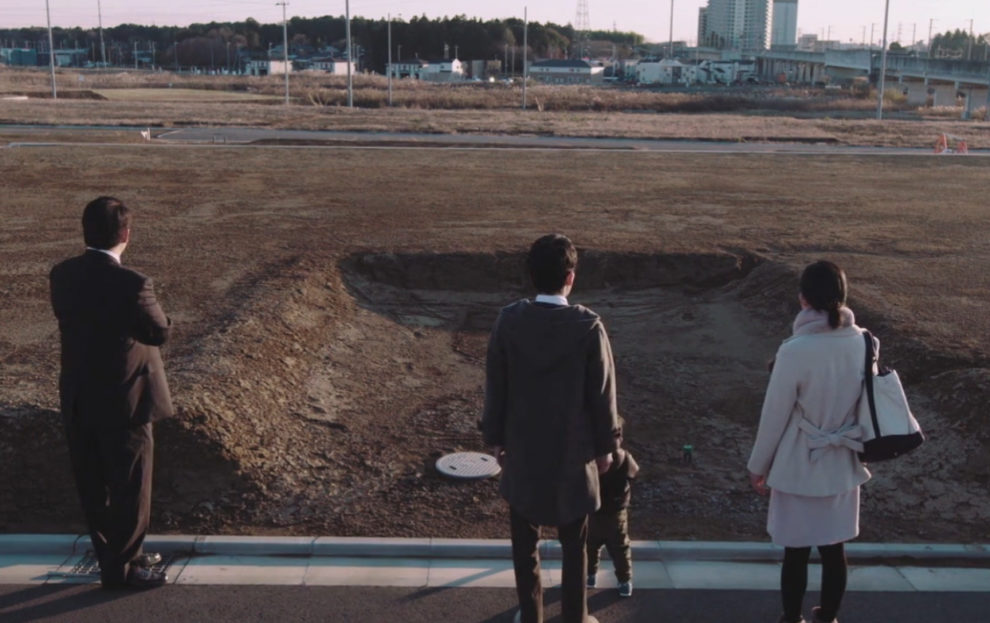


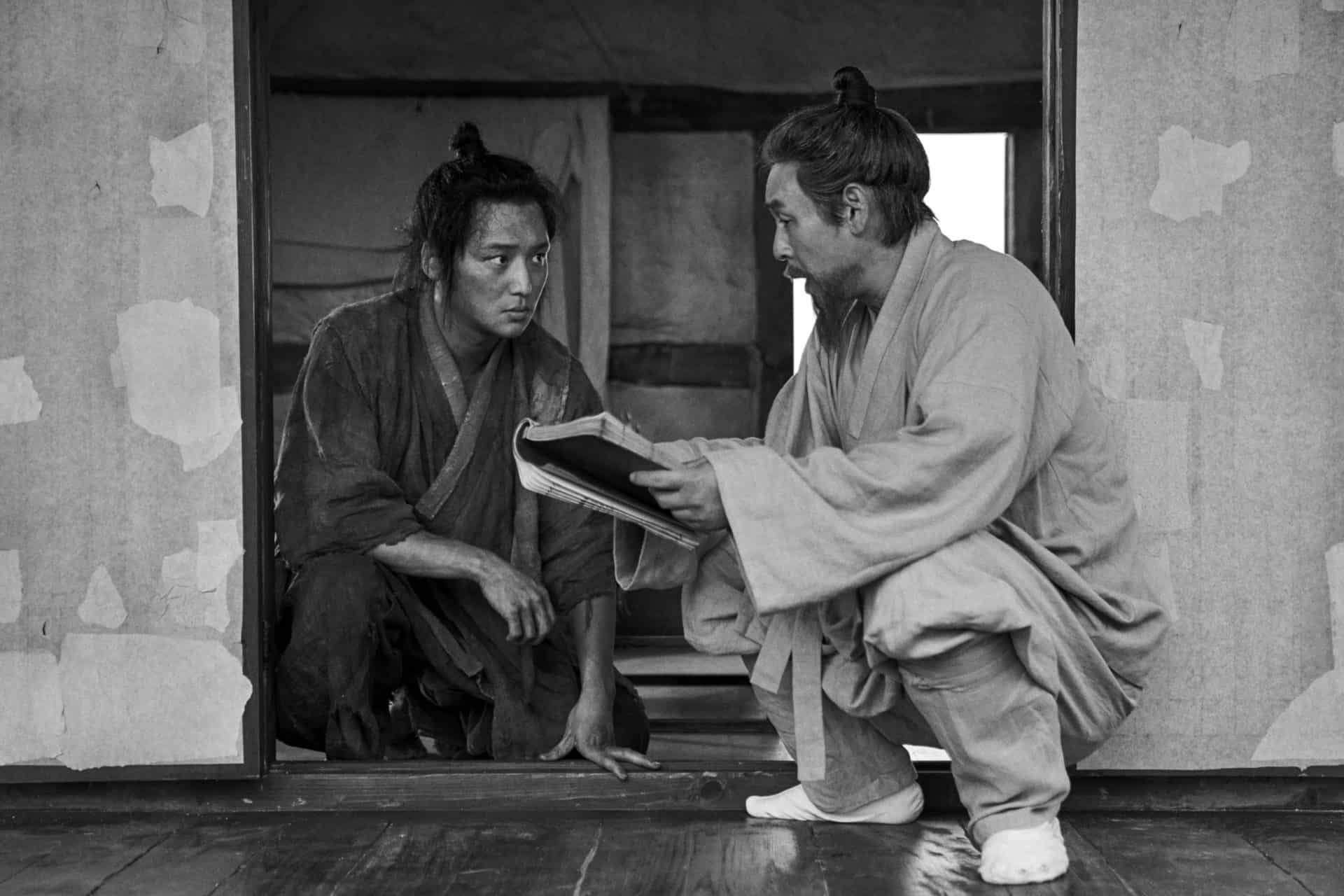
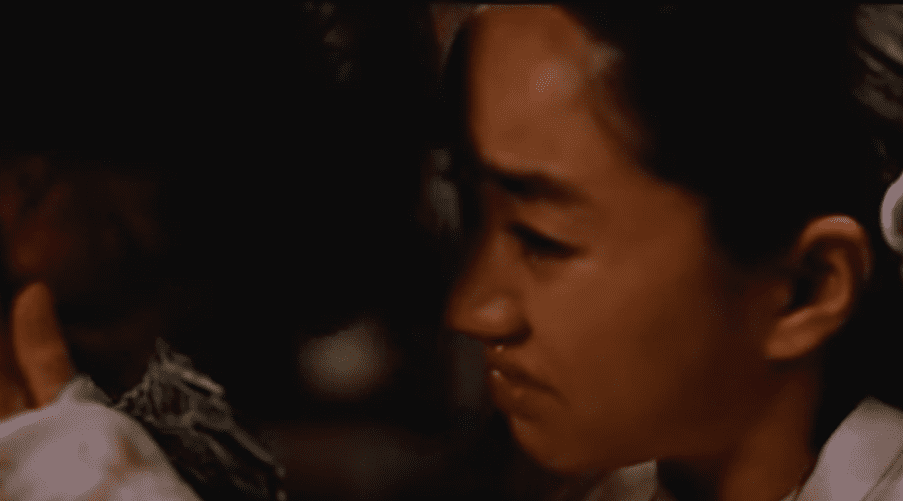
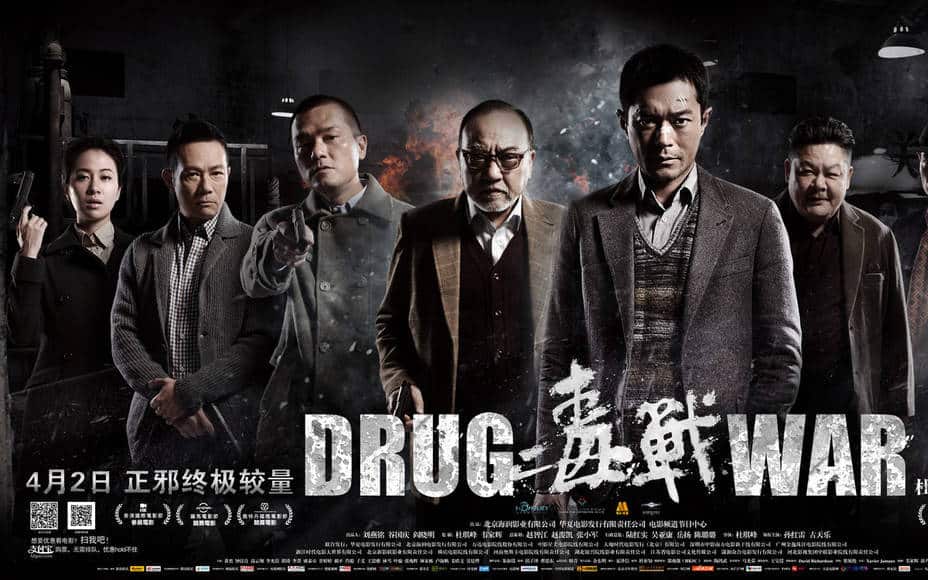
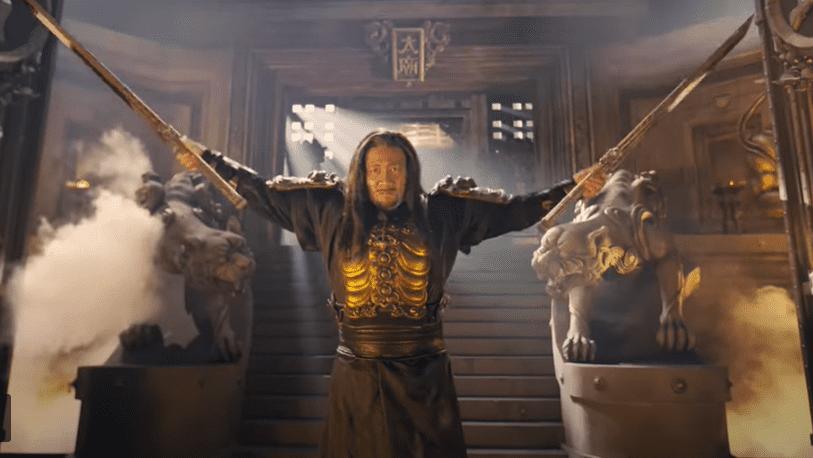







where did you watch this film